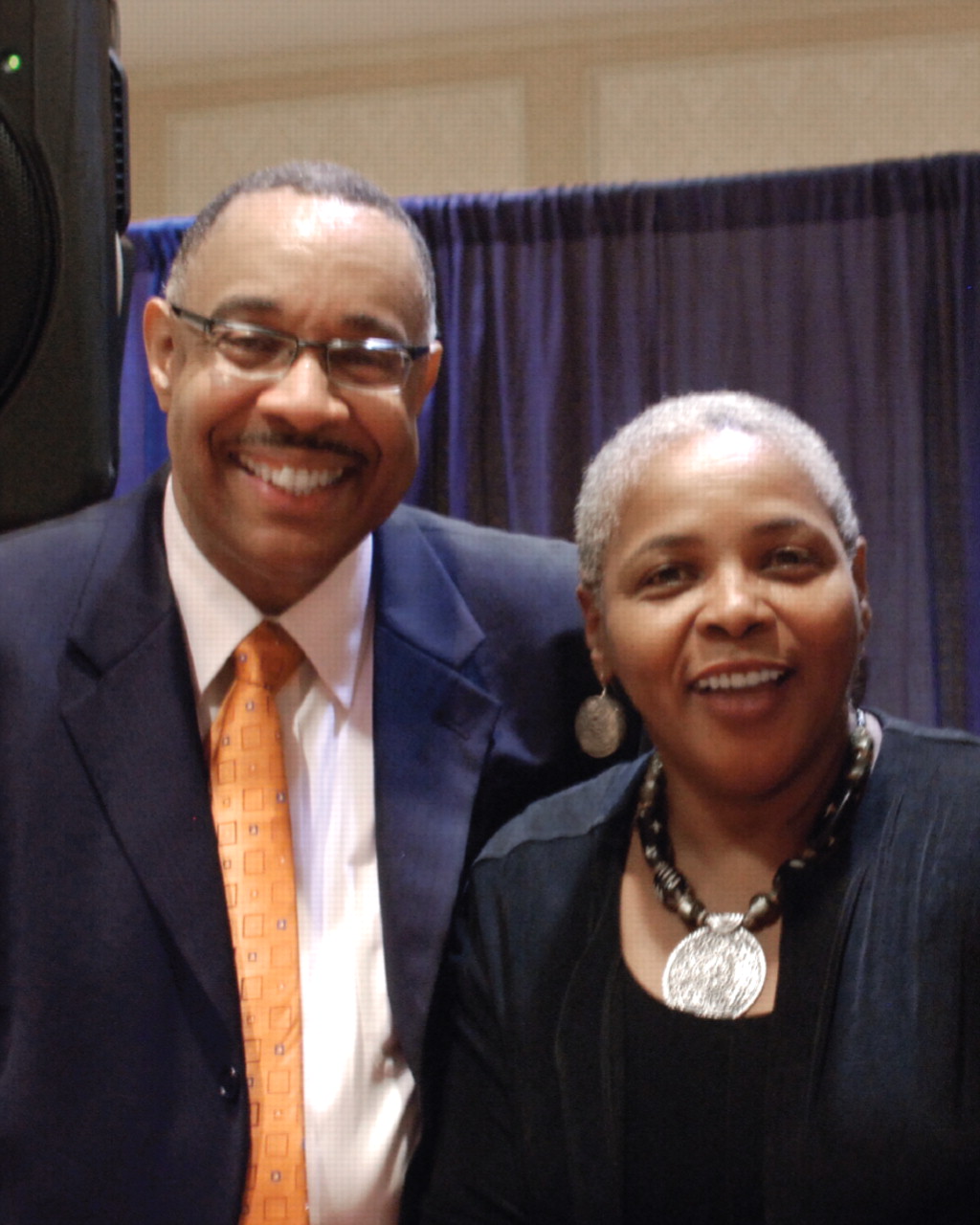As the notes of the clarinet and other brass instruments in the Original Liberty Jazz Band soared to new heights, hope became palpable at the Institute on Psychiatric Services (IPS) last month in New Orleans.
It was the end of a busy day of sessions at the IPS, and Michael White, Ph.D., professor, music historian, and jazz musician was playing his heart out with members of his band at the Conversations event, sponsored by the American Psychiatric Foundation.
The event—which also featured Zydeco musician Amanda Shaw and her band, the Cute Guys, and Charmaine Neville—had funding from AstraZeneca, Wyeth Pharmaceuticals, Forest Pharmaceuticals, and Janssen.
“Playing music has been therapeutic for me,” said White, who spoke about surviving Hurricane Katrina. White teaches African-American music and holds a teaching chair in the Department of Humanities at Xavier University in New Orleans.
He pointed out that less than two-thirds of New Orleans residents have returned since mass evacuations from Hurricane Katrina, and for those who have, “life has been one, long continuous struggle.”
Suicide rates and stress-related deaths have been on the rise in New Orleans since Katrina, he said.
He observed that it is not uncommon for obituary listings in the Times Picayune to require three to four pages of space when pre-Katrina listings were usually only two pages.
White's home, located in the Gentilly neighborhood of New Orleans, was flooded with eight feet of water for nearly three weeks. “The contents of the house included my life's work,” he said. All was lost, including an archive of 4,000 books, more than 6,000 recordings, 50 vintage clarinets, musical memorabilia, thousands of photographs, and rare interviews with jazz musicians born in the late 1800s and early 1900s.
“I'd also become a composer in the last few years and had written 24 new songs, only 10 of which I'd recorded,” White said. The remainder was lost to the floodwaters.
White also found resettling in Houston to be a difficult and painstaking process.
He relocated with his mother and aunt, who were both in their 80s. After moving, their mental and physical health began to deteriorate rapidly“ due to the devastation caused by Katrina and their displacement.”
White noted that “many people like my mother and aunt had been away from New Orleans longer than they had ever been before in their lives and didn't know what would happen with their homes, or if they would ever be able to return, and those problems were really devastating for them.”
While White's relatives are back in Louisiana now, the future is still uncertain for White and thousands of others. “When Katrina brought all that devastation, for me, it was the end of life as I knew it,” he said.“ But I came to realize that I'm very fortunate because the most valuable things I have not lost.”
He has the memories and rich tradition of New Orleans jazz, he said, and the ability to play music and perform for audiences. “That's what I like to do most,” he said. ▪

